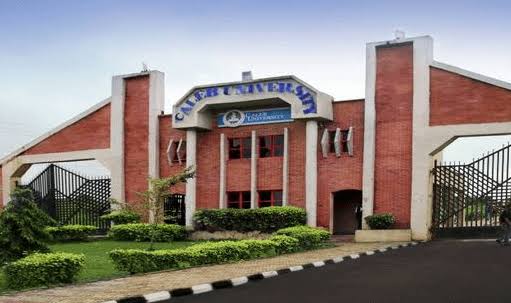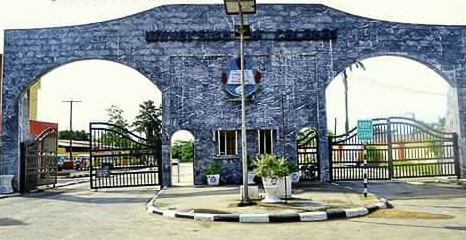Studying Petroleum Engineering in Nigeria: Top Private Universities and Frequently Asked Questions
Nigeria, a nation rich in oil and gas reserves, presents a compelling environment for aspiring petroleum engineers.
This specialized field offers a rewarding career path, and universities across the country equip students with the technical expertise needed for success.
This blog post explores the top private universities in Nigeria offering Petroleum Engineering programs, along with addressing frequently asked questions (FAQs) related to the program and career opportunities.
Top Private Universities for Petroleum Engineering in Nigeria:
-
Afe Babalola University (ABUAD):
ABUAD is renowned for its focus on practical learning and industry collaboration. The university’s Petroleum Engineering program boasts modern facilities and a curriculum aligned with global standards.
-
Igbinedion University Okada (IUO):
IUO holds the distinction of being the first private university in Nigeria. Their Petroleum Engineering program emphasizes strong fundamentals, preparing graduates for diverse roles within the oil and gas sector.
-
Covenant University:
Covenant University offers a prestigious Petroleum Engineering program with a Christ-centered approach. The program combines rigorous academics with ethical considerations, shaping well-rounded professionals for the industry.
-
Landmark University:
Landmark University’s Petroleum Engineering program is relatively new but rapidly gaining recognition. The program leverages qualified faculty and a commitment to research, providing students with a comprehensive learning experience.
Factors to Consider When Choosing a University:
- Accreditation: Ensure the university’s program holds accreditation from the National Universities Commission (NUC) and relevant professional bodies for international recognition.
- Faculty Expertise: Inquire about the faculty’s qualifications and industry experience. A strong faculty is crucial for delivering in-depth knowledge and industry insights.
- Curriculum: Evaluate the program’s curriculum structure, ensuring it covers core areas like reservoir engineering, drilling technology, and production optimization.
- Industry Linkages: Assess the university’s partnerships with oil and gas companies. Internship opportunities and industry exposure are vital for practical experience and potential career placements.
- Facilities and Resources: Consider the availability of well-equipped laboratories, software access, and other resources that enhance the learning experience.
FAQs on Studying Petroleum Engineering in Nigeria:
What are the career opportunities for Petroleum Engineers in Nigeria?
Petroleum engineers are employed across various segments of the oil and gas industry. Key areas include:
- Exploration and Production: This involves locating oil and gas reserves, designing drilling operations, and optimizing production processes.
- Reservoir Engineering: These engineers evaluate the characteristics of underground reservoirs and design strategies for efficient extraction.
- Drilling Engineering: They oversee the planning and execution of drilling activities, ensuring wellbore stability and safety.
- Pipeline Engineering: Petroleum engineers specialize in designing, constructing, and maintaining pipelines for oil and gas transportation.
What are the admission requirements for Petroleum Engineering programs?
Admission requirements typically include:
-
Completion of Senior Secondary School Certificate Examination (SSCE) with relevant science subjects (Mathematics, Physics, and Chemistry) at a good grade.
-
Passing the Unified Tertiary Matriculation Examination (UTME) with a competitive score.
-
Meeting the specific departmental cut-off points set by the chosen university.
What are the financial considerations for studying Petroleum Engineering?
While tuition fees vary between universities, private institutions generally have higher costs compared to public universities. Scholarships, grants, and financial aid options may be available to ease the financial burden.
What are the future prospects for Petroleum Engineering careers in Nigeria?
The demand for skilled petroleum engineers is expected to remain strong in Nigeria due to the country’s significant oil and gas reserves. As the industry focuses on cleaner technologies and sustainability, opportunities in areas like reservoir management and enhanced oil recovery are projected to rise.









